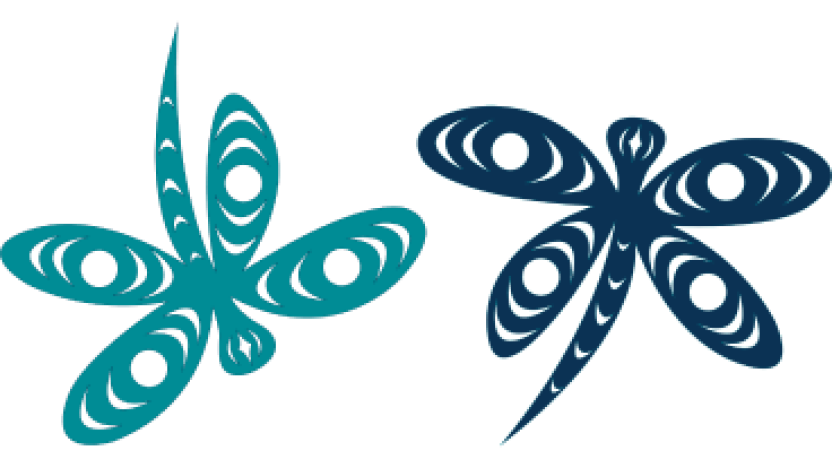Unflushable Waste
Unflushable waste refers to any kind of waste or items that are flushed down the toilet that shouldn't be. This harmful habit can cause sewer and septic system blockages, environmental damage, and costly repairs for homeowners.
The Flushable Rule: Stick to the Three Ps!
Only flush the Three Ps:
- Pee
- Poo
- Toilet Paper
Everything else, including wipes, dental floss, condoms, sanitary products, facial tissue, and contact lenses, should go in the garbage.
Why Unflushables Are a Big Problem
- System Blockages and Overflows
Wastewater systems are designed to handle only water, toilet paper, and human waste. When items like wipes, sanitary products, or dental floss are flushed, they block the flow, causing untreated sewage to overflow into the environment. - Expensive Public Infrastructure Repairs
Blockages caused by unflushables—especially when combined with fats, oils, and grease (FOG)—increase maintenance costs for pump stations and treatment facilities. Damaged equipment and infrastructure must be repaired or replaced, driving up expenses for the region. - Costly Home Repairs
In homes, unflushables can clog pipes, causing sewer backups and damaging plumbing systems, including septic tanks. These issues can result in expensive repairs for homeowners.
The Truth About "Flushable" Wipes
Products like baby wipes, personal wipes, and disinfecting wipes are often marketed as “flushable.” While they may pass through the toilet, they don’t break down like toilet paper. Instead, these wipes stay intact and quickly accumulate in sewer pipes, forming blockages.
When combined with other waste or FOG, these blockages grow, leading to sewer backups in homes and costly repairs to private and public systems.

